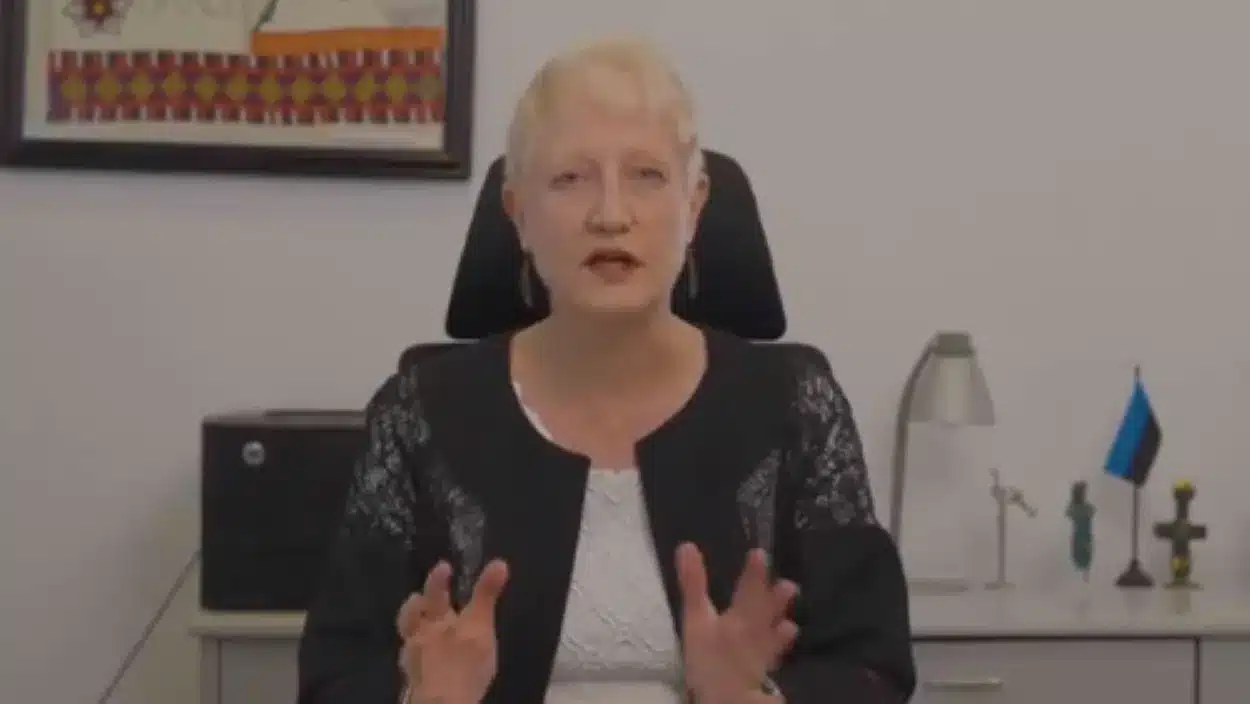Dr Riina Kionka, the European Union Ambassador to Pakistan, recently shed light on the European Union’s scrutiny of the clampdown on Pakistan Tehreek-e-Insaf (PTI) and its supporters after May 9.
Dr Riina Kionka’s remarks were made in a video about extending Pakistan’s Generalized Scheme of Preferences (GSP) Plus status.
Dr Kionka detailed that while the proposed extension implies no change for Pakistan, the country is still obligated to implement the 27 international human rights conventions as per the GSP Plus requirements.
In addition to adhering to these conventions, the EU closely monitors the freedom of expression, media, religion, and belief, the situation of minorities, women’s rights, gender equality, and labour rights in Pakistan. The EU is particularly interested in the circumstances surrounding the crackdown on the PTI.
Political Reactions to the EU Ambassador’s Statement
The EU Ambassador’s comments have sparked unusual reactions within Pakistan’s political sphere. Hammad Azhar, PTI’s Punjab secretary-general, expressed his views on the importance of the GSP Plus status for Pakistan’s exports and the country’s associated human rights and governance responsibilities. He specifically mentioned the EU Ambassador’s mention of the press’s freedom and the clampdown on the PTI.
However, Bilal Azhar Kayani, coordinator to PM Shehbaz Sharif on economy and energy, rebutted Hammad Azhar, accusing him of starting a “conspiracy” against Pakistan’s GSP Plus Status. Kayani claimed that this attempt against the GPS Plus status would also fail like previous conspiracies.
Dr Kionka also highlighted that the proposed extension of the GSP Plus status is not solely for Pakistan but for all eight beneficiary countries, emphasizing that a halt in trade preferences would adversely affect Pakistani exporters, factory workers, their families, and European businesses that rely on Pakistani suppliers, as well as European consumers.
Read: Imran Khan Seeks IMF’s Assurance for Timely Elections in Pakistan
Addressing the EU’s human rights monitoring, she mentioned the examination by international NGOs of the use of military and anti-terrorism courts in the aftermath of the May 9 events.
As a state party to the International Covenant on Civil and Political Rights (ICCPR), Pakistan has agreed to ensure a fair and public trial in an independent, impartial, and competent court for every individual and to provide adequate legal representation.






